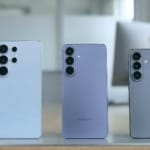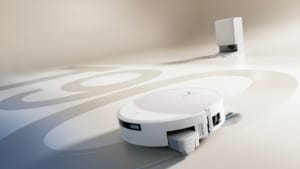Local inventors win global James Dyson Award for sustainable weather monitoring device
Singaporean inventors win James Dyson Award with airXeed Radiosonde, a reusable weather-monitoring device, reducing e-waste and improving forecasting.
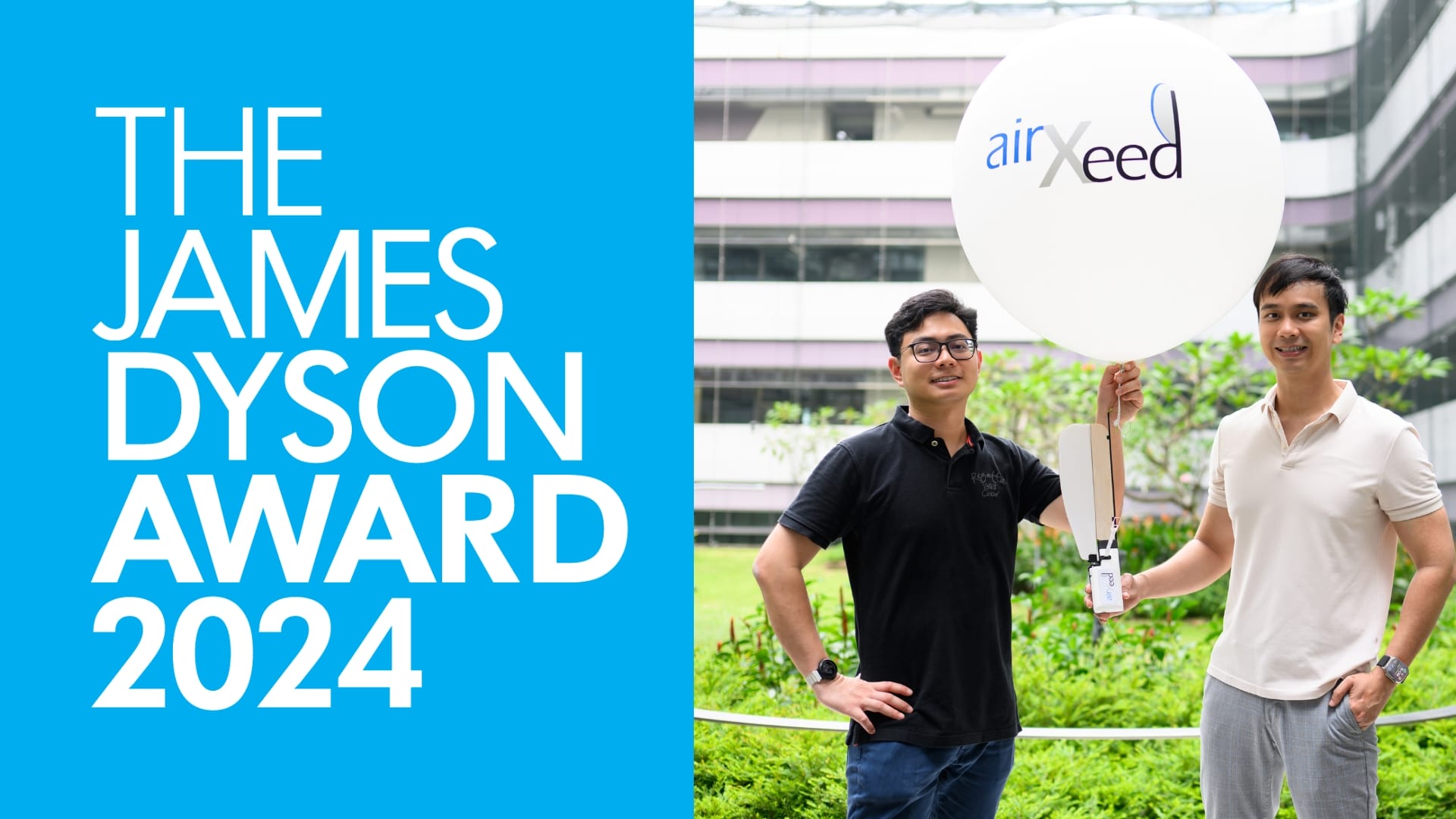
Singapore’s innovative engineering has taken centre stage internationally, with local inventors Shane Kyi Hla Win and Danial Sufiyan Bin Shaiful from the Singapore University of Technology and Design (SUTD) named the Global Sustainability Winners of the James Dyson Award. Their invention, the airXeed Radiosonde, aims to reduce electronic waste in the weather industry by making weather data collection devices reusable and eco-friendly. As winners, they will receive S$50,500 to advance their project.
Table Of Content
Personally selected by Sir James Dyson, the airXeed Radiosonde stood out among nearly 2,000 global entries for its focus on sustainability and environmental impact in weather monitoring.
Tackling e-waste in weather monitoring
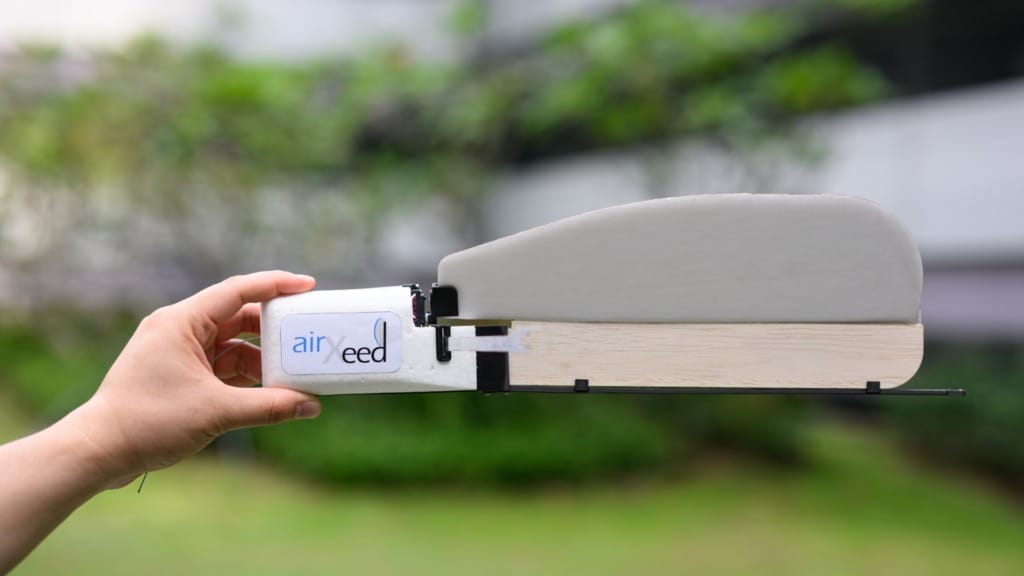
Weather stations worldwide depend on small, single-use devices called radiosondes, launched via weather balloons, to capture essential atmospheric data. Each year, over one million radiosondes are deployed, costing around US$190 million and generating 48 tonnes of electronic waste (e-waste)—roughly equivalent to the weight of 40 cars. With the growing need for accurate weather forecasting in industries like agriculture, transportation, and energy, a sustainable solution has become essential.
The airXeed Radiosonde provides an innovative approach. Designed to be reusable, it helps reduce e-waste and lower costs associated with weather monitoring. Shane and Danial drew inspiration from the autorotation of maple seeds, which spin to land safely. By mimicking this natural mechanism, their radiosonde lands in accessible areas, making retrieval for reuse easier and more feasible.
Advancing sustainable design
The airXeed Radiosonde introduces eco-friendly design elements that improve data collection while minimising environmental impact. Equipped with two flight modes, the device can navigate safely and avoid aircraft. An onboard controller, enhanced with machine-learning, ensures it lands near designated collection zones for easy recovery. Constructed with sustainable materials, including balsa wood and foam, the airXeed Radiosonde is also modular, allowing for simple replacement and recycling of worn parts.
James Dyson, founder of Dyson, praised the invention, saying, “Weather balloons that collect atmospheric information fall back to Earth and pollute the environment with electronic waste. Shane and Danial, our Sustainability Winners, have found a way of returning these devices to Earth highly intelligently to where the operators want them to land. AirXeed Radiosonde uses the maple seed principle, helicoptering down gently but also plummeting in areas where there are likely to be planes. This is a reusable weather detector, saving environmental waste and saving money. I think it’s a very clever idea.”
With this award, Shane and Danial’s invention has gained the attention needed to connect with weather industry experts and manufacturers. Their goal is to bring airXeed Radiosonde to market and transform how atmospheric data is collected.
Reflecting on the win, Shane shared, “Winning the James Dyson Award global sustainability prize is a huge step forward for us. It shows that our design has potential and gives us a platform to showcase how airXeed Radiosonde can positively improve the weather industry – hearing it from James Dyson himself makes it even more special.” Danial added, “With this recognition, we hope to connect with experts in the weather industry, secure partnerships and attract funding to further test and develop our design. It’s a huge boost in our journey towards turning airXeed Radiosonde into a fully realised solution that can reduce electronic waste and make weather monitoring smarter and more sustainable. As a Singaporean inventor, I’m really proud of the recognition we’ve received, and I hope this inspires other local inventors to be bold and showcase their inventions on the global stage.”
Ireland’s Athena wins global medical prize
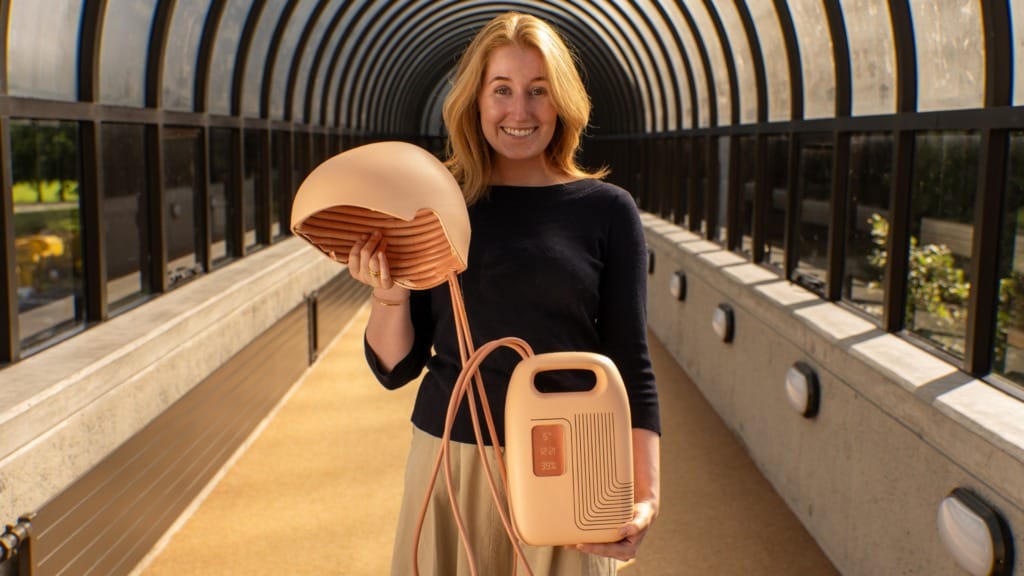
In addition to the airXeed Radiosonde, the global medical prize was awarded to Athena, a scalp-cooling device developed by 24-year-old Olivia Humphrey from Ireland. After witnessing her mother’s struggle with cancer, she designed Athena as an affordable, portable device for chemotherapy patients to help prevent hair loss. The invention is 1/20th the price of existing scalp-cooling devices and can be used outside hospitals, offering greater convenience for patients.
In 2024, the James Dyson Award received 1,917 entries from 29 countries, including 50 from Singapore. Since its introduction in Singapore in 2006, the competition has consistently recognised the creativity and problem-solving skills of local engineering students, with Singaporean entries regularly appearing among the global top. Both winning teams will use their S$50,500 awards to further develop their projects.





